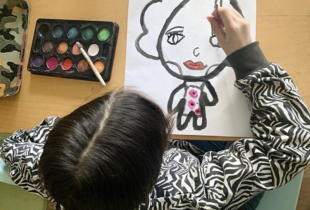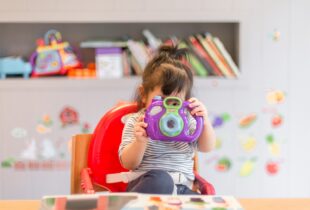
Serbian children in Kosovo and Metohija are at the receiving end of constant violence. Several instances in recent times have made children feel insecure despite the agreement between the Republic of Serbia and the Region Kosovo and Metohija on the governance of Serbia-majority areas.
In December 2020, a news flash came out about attacks on Serbian schoolchildren in Kosovo, Metohija, and Vitina.
During that time, unknown persons threw stones, smashed windows, and tried to break the front door of a Serbian elementary school. It was one of the several instances of daily violence against the Serbian population, particularly on children in Kosovo and Metohija.
On April 19, 2013, there was an agreement between the Republic of Serbia and the Region Kosovo and Metohija about the governance of the Serbian-majority areas of Kosovo and Metohija. The agreement led to the establishment of a relatively complex system for monitoring children’s rights in Kosovo and Metohija. Despite the agreement, Serbian children are subject to human rights abuse and frequent attacks.
Particularly, in Northern Kosovo, many children are deprived of parental care. Despite the reports by the Centers for Social Work in the Serbian-majority areas, human rights violations are still common.
Ethnic Unrest and Other Concerns
There are several safe houses in Kosovo and Metohija. However, ethnic Serbian children feel insecure in these safe houses. Still, children are kept there with the Serbian system because there are hardly any foster families in northern Kosovo. It means children often have to travel 200 km to stay with foster families or in institutions in Serbia.
On top of it, violence and robberies create more unrest and fear among Serbian children. It shows the fragility of the new multiethnic society in the Region of Kosovo and Metohija.
This is why international intervention is required to send a message to the perpetrators of their violence. However, these attacks on Serbian children are resulting in fear and insecurity.
Another concern is the lack of proper procedures when it comes to transitioning children out of care. Adoption rates are low in these areas, and children with disabilities usually do not find a family. Although, children are often adopted internationally.
Serbian children in Kosovo and Metohija need security, healthcare, and education. This is why our humanitarian organization focuses on these children to ensure a better life for them.
https://tekdeeps.com/serbian-children-under-attack-stoned-school-in-viti-vitina-kosovo-and-metohija/
https://greekcitytimes.com/2020/12/27/albanians-attacks-kosovos-serbs/
https://www.odi.org/sites/odi.org.uk/files/odi-assets/publications-opinion-files/444.pdf





